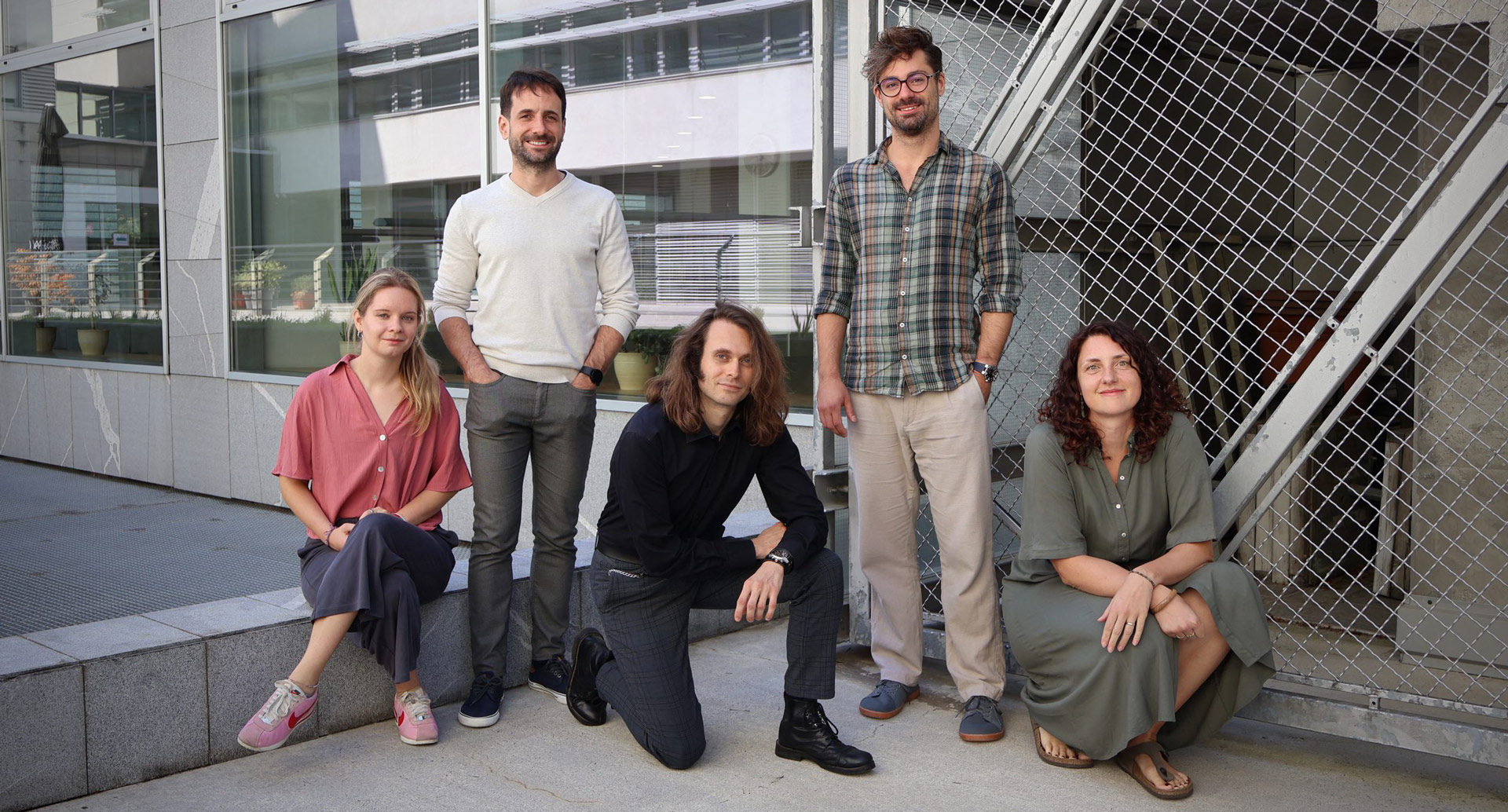
SENTRIX
The act of sentencing is the most visible and the most important decision-making moment in the criminal justice process. It is an intersection between the power of the state and the freedom of the individual. It is influenced by a complex set of decision-making dynamics that we have not yet been able to fully explain and understand.
First Sentrix Workshop
As part of the ERC Sentrix project, a workshop dedicated to the decision-making architecture in sentencing will be held in Bled from November 12 to 14, 2025. Discussions will focus on the factors that shape the environment in which sentencing decisions take place...
Linguistic ambiguity in court
Researchers from the Institute of Criminology at the Faculty of Law in Ljubljana, Dr. Mojca M. Plesničar and Manja Skočir, reveal in a podcast that language is both a tool and a weapon in the courtroom. It is a fundamental tool used by lawyers and is crucial in the...
Can artificial intelligence help understand the sentencing environment?
At the Eurocrim conference in Athens, members of the research team presented the first phase of the project, in which they used artificial intelligence to map the research field of sentencing decision-making. How? They used artificial intelligence to create an...
Research Design

1st PHASE
Foundational Research

2nd PHASE
Development of Sentencing Typology

3rd PHASE

4th PHASE
Advanced Simulation
Events
No Results Found
The page you requested could not be found. Try refining your search, or use the navigation above to locate the post.
+386 1 4203 242
inst.crim@pf.uni-lj.si
Inštitut za kriminologijo
Poljanski nasip 2
1000 Ljubljana
Funded by the European Union. Views and opinions expressed are, however, those of the author(s) only and do not necessarily reflect those of the European Union or European Research Council. Neither the European Union nor the granting authority can be held responsible for them.











